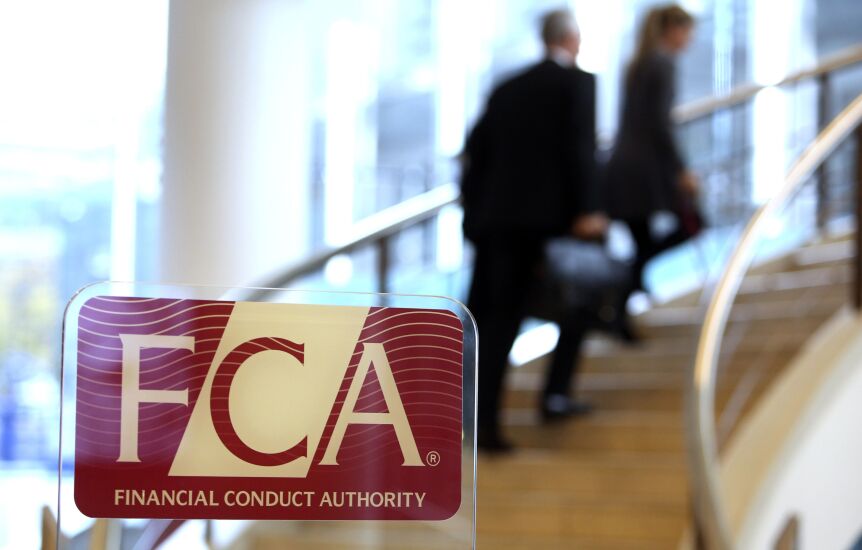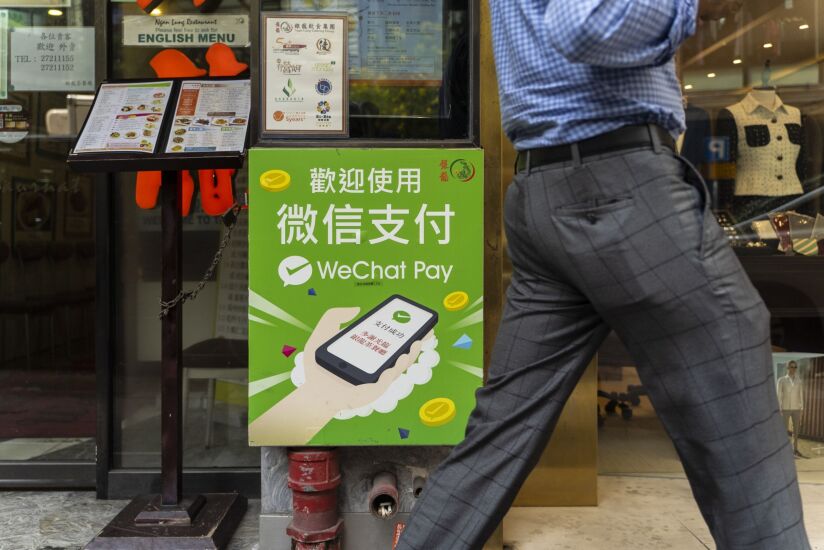The Financial Conduct Authority is developing new rules that tighten how financial firms can use social media, Swift and a group of banks have successfully piloted instant payments between different countries and currencies, and more.
Here's what's happening around the world.












